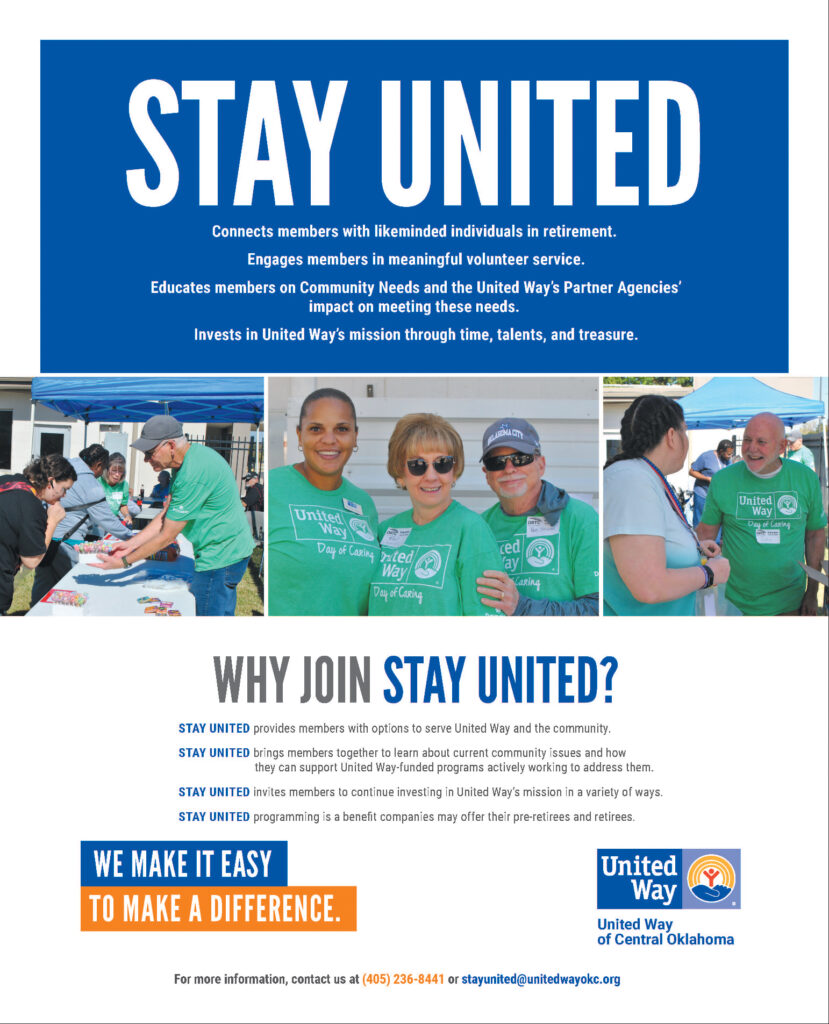
story and photo by
Bobby Anderson, RN, Staff Writer
In 35 years as a nurse, Mary Russell says her most fluid Electronic Health Record experience occurred as a Navy nurse in the midst of the Iraq War, caring for combat casualties.
“We received a huge influx of Marines from Tikrit, Fallujah and other battles and we had an EHR that was stable, up and ready to go,” Russell said. “Documenting their complex wounds and injuries was pretty straight forward and seamless and retained in a database that would help them long-term, down the road.”
“It was quick, easy and intuitive and we had other nurses onboarding rapidly to supplement our staff and it was very simple for them to adopt and learn and document accurately. It was a good time as far as EHR.”
Back in civilian life, Russell found that EHR is a four-letter word for most nurses. Between outages, lack of education and scheduled downtimes, Russell says EHRs are contributing to the growing problem of nursing burnout.
Russell currently serves as the senior director of clinical implementation at CliniComp, International, a provider of seamless EHR systems across the globe.
According to KLAS Research’s 2024 Arch Collaborative Nursing Guidebook, nearly one-third of nurses experiencing symptoms of burnout cited their electronic health records as a contributor.
Burned-out nurses are 192% more likely to leave their organization within the next two years compared to those who don’t report experiencing burnout.
The 2024 Arch Collaborative Nursing Guidebook is based on the feedback of around 75,000 nurses who have measured their EHR satisfaction via the KLAS Arch Collaborative over the last three years.
KLAS is a research and insights firm on a global mission to improve healthcare delivery by amplifying the provider’s voice.
The research directly represents the provider voice and acts as a catalyst for improving vendor performance.
Whatever EHR a health system uses, Russell says stability is the key.
“Honestly, I think it’s No. 1,” she said. “We come on duty and we’re here for a 12-hour shift and we’re documenting all day. We’re in and out of that medical record numerous amounts of times. I need to know I have something that’s reliable, when I click there I’m going to get the expected outcome of that click.”
Russell also stressed that she believes scheduled downtime is a system failure.
“There’s no need to schedule downtime. It should never go down in my opinion,” she said.
Even though nurse satisfaction with their health records has increased over the past three years, they still report insufficient training and system reliability problems that could contribute to burnout, according to the report.
Training is also key to nurse satisfaction with their EHRs, but many nurses say their education was lacking — nearly 40% reported their ongoing EHR education wasn’t sufficient, according to KLAS. Forty-two percent of respondents reported their initial training wasn’t up to snuff, while 32% said it wasn’t specific to their workflow.
Poor EHR reliability and response time create significant barriers to nurse EHR satisfaction, and these barriers must be addressed in order to create a foundation for nurse EHR success. 40% of nurses feel their EHR doesn’t have the expected response time, and 23% feel it isn’t reliable.
Earlier this year, KLAS announced its best in class EHRs based on user feedback.
Epic was recognized as the top Overall Software Suite, finishing ahead of MEDITECH and Oracle Health.
This marks the fourteenth consecutive year that Epic has earned the award. Additionally, Epic won fifteen other Best in KLAS awards in various market segments.
Athenahealth won the Overall Physician Practice Vendor award, which is reserved for vendors whose ambulatory EHR and practice management systems are ranked in multiple size groups for independent practices.
Russell said companies should pay attention to the level of burnout their nurses are experiencing before it’s too late.
According to a 2024 study by NSI Nursing Solutions, the average cost of turnover for a bedside RN is $52,350 – leading the average organization to lose $6.6–$10.5 million per year due to nurse burnout.
Education is key.
Onboarding EHR education most commonly refers to the EHR training offered to newly hired clinicians during their first 90 days at an organization. Nurses who are satisfied with their initial training report a 135% higher agreement rate that their EHR is easy to learn.
However, 42% of nurses feel their initial training was insufficient, and 32% report their training wasn’t specific to their workflow.
“If training isn’t conducted by registered nurses that understand the workflow and complexities of the shift … we know those are not effective,” Russell said. “It’s critical nurses are engaged in all levels of training.”
“You have to pull nurses from the bedside. They can not learn and care for a patient simultaneously and try to chart. It’s ineffective and it does lead to additional stress, which leads to dissatisfaction which leads to burnout which leads to leaving.”













